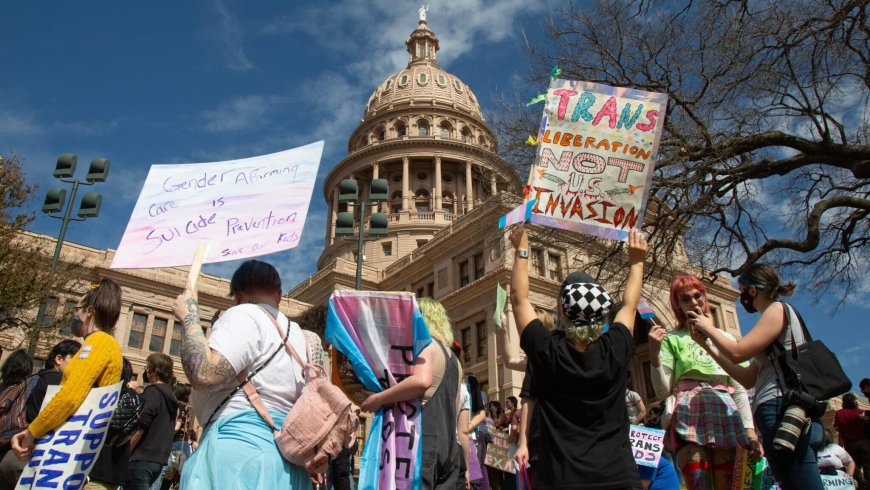Texas Enacts One of the Nation’s Strictest Trans Bathroom Bans
Texas enacts law restricting trans people from using restrooms matching their gender identity.

Texas has joined a growing list of U.S. states restricting transgender people from using restrooms aligned with their gender identity. Republican Governor Greg Abbott signed the controversial bill, the Texas Women’s Privacy Act, into law Monday (Sept. 22), framing it as a “common sense public safety issue.”
The legislation mandates that state-owned buildings, public schools, and universities prohibit trans individuals from using bathrooms consistent with their gender identity. It also forces prisons to house trans inmates according to the sex assigned at birth and bars trans women from women’s domestic violence shelters entirely. One of the Strictest in the Nation
The Texas law marks the 20th such measure passed nationwide. States like Florida, Arkansas, Montana, South Dakota, Utah, and Wyoming already have similar restrictions in place. According to the Movement Advancement Project (MAP), roughly a third of transgender Americans live in states that enforce some form of bathroom ban, with 17% residing in states banning access to all government-owned facilities.
Ash Hall, policy advocacy strategist for LGBTQ+ rights at the ACLU of Texas, warned that the law could embolden harassment and “gender policing” by those seeking to intimidate or harm anyone outside traditional gender norms.
“This bill is bad for trans and intersex people, bad for cisgender people, bad for business, bad for public health and safety, and bad for Texas,” Hall said. Escalating Tensions and Real-World Consequences
Debates over trans people’s access to public facilities in Texas have already taken dangerous turns. In one high-profile incident, right-wing commentator Jack Finger threatened violence against trans people in public restrooms.
Bathroom restrictions also affect non-trans individuals, according to reports. In August, 18-year-old lesbian Gerika Mudra said she was forced to prove her gender in a restaurant bathroom after staff incorrectly assumed she was a man. Mudra alleges the staff member banged on the stall door and demanded she remove her top to “prove” her gender, prompting a discrimination lawsuit.
“She made me feel very uncomfortable,” Mudra said. “After that, I just don’t like going in public bathrooms. I just hold it in.” The Broader Impact
Civil rights groups argue that laws like Texas’s do more than police trans people, they affect anyone who doesn’t conform to traditional gender expectations. Advocates also warn of economic and public health repercussions, with businesses, universities, and health facilities facing potential legal challenges and reputational damage.
As Texas enforces one of the strictest bathroom bans in the nation, the conversation around trans rights in public spaces continues to intensify, shining a spotlight on the real-world consequences of legislation that many critics call discriminatory.

 Mark
Mark 





